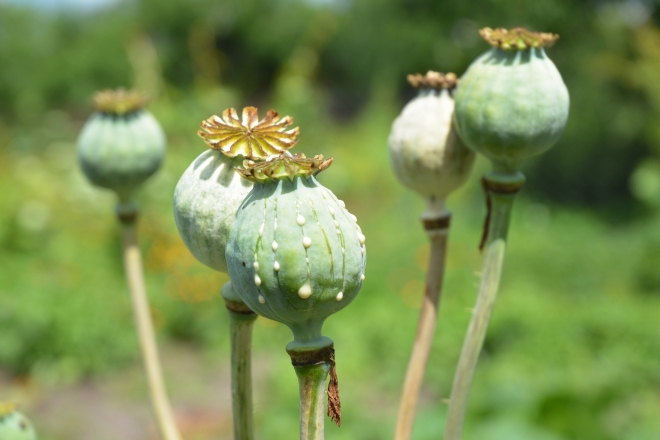Thai Health Ministry greenlights opium & magic mushrooms for medical use
The move shows Thailand's commitment to exploring new treatments & research plus tackling drug-related issues

Thailand's Public Health Ministry has made a significant shift in its drug policy by authorising the use of opium and psilocybin mushrooms aka magic mushrooms for medical treatment and research.
This groundbreaking decision, published in the Royal Gazette on Tuesday, April 23, 2024, was signed by Public Health Minister Cholnan Srikaew and took effect the next day.
Opium and magic mushrooms are now categorised under Narcotics Category 5, distinct from marijuana and hemp extracts.
Previously, the ministry had removed kratom, marijuana, and hemp from the Category 5 list, leaving only opium, magic mushrooms, plus marijuana and hemp extracts with a THC (tetrahydrocannabinol) content above 0.2% in the category.
The directive states that drugs in Category 5, excluding marijuana and hemp extracts, are sanctioned for medical use and research. This was made possible through the invocation of Article 24 and Article 58 of the Narcotics Code.
This move indicates a greater acceptance of certain narcotics for controlled medical and research use. It lets scientists study the substances' possible health benefits and allows doctors to use them for specific medical treatments.
In addition to this major drug policy shift, the Department of Thai Traditional and Alternative Medicine (DTAM) introduced a new program back in March to fight drug addiction using marijuana oil rich in CBD.
Read this next: Enigmatic realm of fungi unveiled in new Björk-narrated IMAX documentary
Dr. Thewan Thanirat, DTAM's Deputy Director-General, announced a new product called Karun Osoth, which contains coconut oil and 10 milligrams of CBD per millilitre.
Read this next: Are we close to the legalisation of therapeutic psychedelics?
According to a previous article in The Nation Thailand, it aids individuals struggling with drug addiction by reducing their cravings and alleviating withdrawal symptoms like insomnia and muscle aches.
This program underlines an increasing focus on alternative treatments for drug-related issues.
Via: The Nation Thailand & The Thaiger
Image: Lex20
Amira Waworuntu is Mixmag Asia’s Managing Editor, follow her on Instagram.


